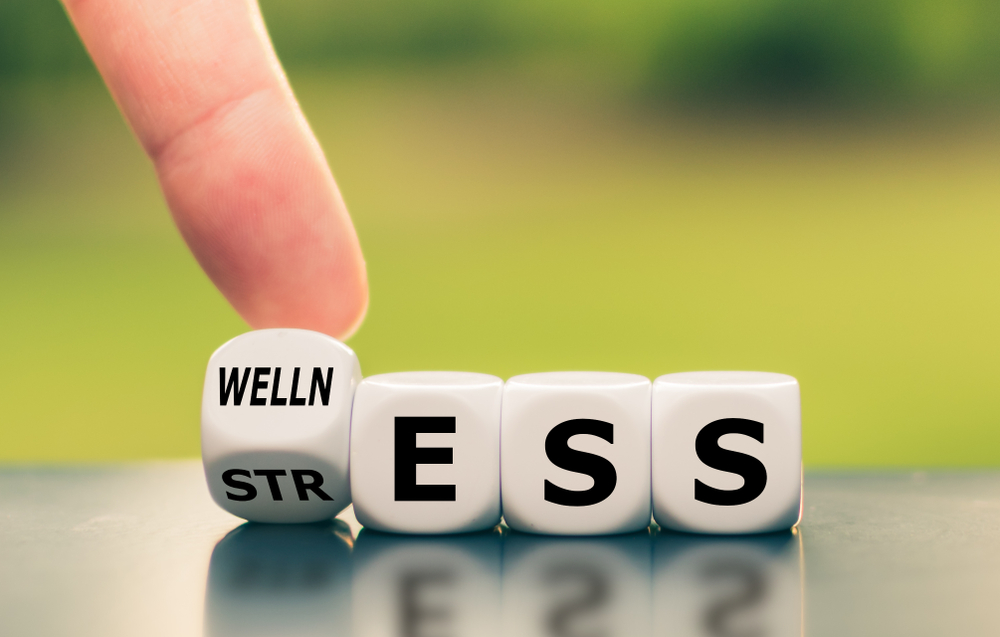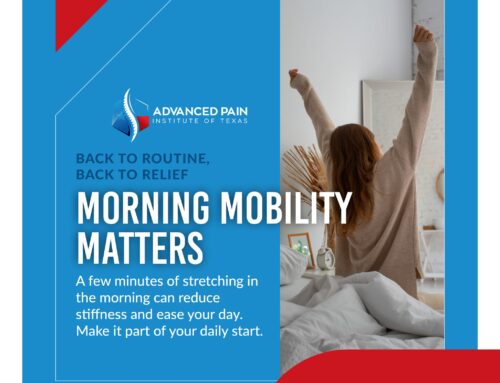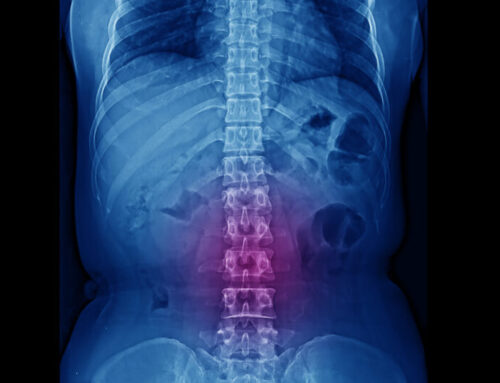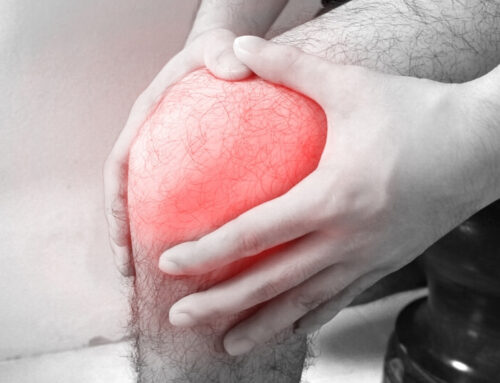
The Connection Between Stress and Chronic Pain
Chronic pain can significantly impact an individual’s quality of life, often causing immense physical and emotional distress. For those living with chronic pain, stress can be a particularly influential factor, exacerbating pain levels and intensifying the overall burden. Understanding the intricate relationship between stress and chronic pain is crucial for individuals seeking relief and improved well-being. In this article, we will delve into the connection between stress and chronic pain, exploring the physiological and psychological aspects of this relationship. Additionally, we will provide effective stress management techniques that can help individuals reduce pain levels and improve their overall well-being.
What is Chronic Pain?
Chronic pain is characterized by persistent discomfort that lasts for an extended period, typically beyond the normal healing time of an injury or illness. Unlike acute pain, which serves as a warning signal for the body, chronic pain persists and can significantly impact a person’s daily life. It can manifest in various forms, such as back pain, migraines, arthritis, or fibromyalgia, to name a few.
Living with chronic pain can be challenging, affecting not only physical health but also mental and emotional well-being. It can lead to decreased mobility, reduced productivity, and a diminished quality of life. Understanding the underlying causes and factors that influence chronic pain is essential to effectively manage and alleviate its impact.
The Role of Stress in Chronic Pain
Stress is a natural response to challenging or threatening situations. While short-term stress can be beneficial, chronic stress can have detrimental effects on both physical and mental health. For individuals with chronic pain, stress can exacerbate their symptoms and intensify the perception of pain.
The relationship between stress and chronic pain is complex. Stress triggers a cascade of physiological responses in the body, including the release of stress hormones like cortisol. These hormones can heighten pain sensitivity and amplify the perception of pain, making it more difficult for individuals to cope.
Moreover, stress can also impact the immune system, inflammatory processes, and the nervous system, all of which play a role in pain regulation. By understanding how stress affects the body’s pain response system, individuals can gain insights into effective strategies for managing their pain.
The Physiological Connection
To comprehend the connection between stress and chronic pain, it’s essential to examine the physiological mechanisms at play. The nervous system, consisting of the central nervous system (brain and spinal cord) and the peripheral nervous system (nerves throughout the body), plays a significant role in pain perception.
Stress activates the body’s “fight-or-flight” response, triggering the release of stress hormones and stimulating the sympathetic nervous system. This response prepares the body to confront or evade a threat, but it can also heighten pain sensitivity. Stress-induced changes in the nervous system can increase the transmission of pain signals and amplify pain perception.
Additionally, stress can influence neurotransmitters, the chemical messengers in the brain that regulate pain. Chronic stress can disrupt the balance of neurotransmitters like serotonin and endorphins, which are involved in mood regulation and pain modulation. Imbalances in these neurotransmitters can contribute to the development and persistence of chronic pain.
The Psychological Connection
The psychological aspects of chronic pain are closely intertwined with the experience of stress. Emotional distress, anxiety, and depression can all contribute to the amplification of pain sensations and the perpetuation of the pain-stress cycle.
Chronic pain can cause emotional distress and frustration, leading to heightened stress levels. This stress, in turn, can increase muscle tension, further exacerbating pain symptoms. The pain-stress cycle creates a vicious loop, where stress intensifies pain, and pain increases stress levels.
Addressing the psychological impact of chronic pain is crucial for effective pain management. Techniques such as cognitive-behavioral therapy (CBT) can help individuals develop coping mechanisms, challenge negative thought patterns, and reduce stress levels. By breaking the pain-stress cycle, individuals can experience significant improvements in their overall well-being.
Effective Stress Management Techniques
Managing stress is key to reducing the impact of chronic pain. While complete elimination of stress may not be possible, adopting effective stress management techniques can help individuals better cope with pain and enhance their overall quality of life. Here are some techniques that have shown promising results:
1. Relaxation Techniques
Relaxation techniques promote a sense of calm and help reduce stress levels through various methods. Deep breathing exercises, such as diaphragmatic breathing, can activate the body’s relaxation response and alleviate muscle tension. Meditation, both mindfulness-based and guided imagery, can help individuals cultivate a state of mental clarity and relaxation. Progressive muscle relaxation involves systematically tensing and releasing different muscle groups to promote a sense of relaxation throughout the body.
2. Physical Activity and Exercise
Engaging in regular physical activity and exercise has been shown to have numerous benefits for both stress management and chronic pain. Exercise releases endorphins, the body’s natural pain-relieving and mood-enhancing chemicals. It also promotes better sleep, boosts energy levels, and reduces muscle tension. Activities such as walking, swimming, yoga, or tai chi can be particularly beneficial for individuals with chronic pain, as they provide gentle movement and promote overall well-being.
3. Healthy Lifestyle Habits
Maintaining a healthy lifestyle is crucial for managing stress and chronic pain. A nutritious diet rich in fruits, vegetables, whole grains, and lean proteins provides essential nutrients for optimal physical and mental health. Avoiding excessive caffeine and alcohol consumption is also recommended, as they can disrupt sleep patterns and exacerbate stress. Sufficient sleep is vital for pain management and overall well-being, so establishing a regular sleep routine and creating a restful sleep environment is essential.
4. Cognitive-Behavioral Therapy (CBT)
Cognitive-Behavioral Therapy (CBT) is a widely recognized therapeutic approach that helps individuals identify and change negative thought patterns and behaviors. CBT can be particularly effective for managing chronic pain by helping individuals develop coping mechanisms, set realistic goals, and reframe their perception of pain. By addressing the psychological aspects of pain, CBT empowers individuals to better manage stress, reduce pain levels, and improve their overall quality of life.
5. Holistic Approaches
In addition to traditional methods, some individuals find relief from chronic pain through holistic approaches. These include complementary and alternative therapies such as acupuncture, massage therapy, herbal remedies, and mind-body practices like yoga and tai chi. While the scientific evidence supporting these approaches varies, many individuals report positive outcomes in terms of pain reduction and stress management. It’s important to consult with healthcare professionals and seek qualified practitioners before pursuing alternative treatments.
Creating a Supportive Environment
Building a support network and fostering a supportive environment is crucial for individuals with chronic pain. Open communication with loved ones, friends, and healthcare providers can help individuals express their needs, receive understanding, and gain practical support. Support groups, both in-person and online, provide opportunities to connect with others facing similar challenges, share experiences, and learn coping strategies. Professional counseling or therapy can also be beneficial in addressing the emotional impact of chronic pain and stress.
The Mind-Body Connection
Recognizing the mind-body connection is essential in managing stress and chronic pain. Mindfulness-based practices, such as meditation and deep breathing exercises, can help individuals develop present-moment awareness and reduce stress levels. By cultivating mindfulness, individuals can observe their pain sensations without judgment or resistance, leading to increased acceptance and decreased suffering. Engaging in activities that promote relaxation, such as listening to calming music or engaging in creative pursuits, can also contribute to a sense of well-being and pain relief.
Seeking Professional Help
While self-management techniques can be beneficial, it’s important to seek professional help when needed. Pain specialists, psychologists, and physical therapists with expertise in chronic pain management can provide personalized guidance and treatment options. They can evaluate the individual’s specific situation, recommend appropriate interventions, and monitor progress. Collaborating with healthcare professionals ensures comprehensive care and improves the chances of finding effective strategies for managing stress and chronic pain.
Conclusion
The connection between stress and chronic pain is intricate and multifaceted. Stress can exacerbate pain levels and intensify the overall burden for individuals living with chronic pain. The physiological and psychological factors at play create a complex interplay between stress and pain perception.
Understanding this relationship is vital for individuals seeking relief and improved well-being. By implementing effective stress management techniques, individuals can significantly reduce pain levels and enhance their overall quality of life.
Through relaxation techniques such as deep breathing exercises, meditation, and progressive muscle relaxation, individuals can activate the body’s relaxation response, reduce muscle tension, and alleviate stress.
Engaging in regular physical activity and exercise releases endorphins, enhances mood, and promotes better sleep, all of which contribute to stress reduction and pain management.
Adopting a healthy lifestyle, including a balanced diet, sufficient sleep, and avoiding substances like caffeine and alcohol, plays a crucial role in managing stress and chronic pain.
Cognitive-Behavioral Therapy (CBT) empowers individuals to identify and change negative thought patterns, develop coping mechanisms, and reframe their perception of pain. This approach addresses the psychological aspects of pain and promotes effective stress management.
Holistic approaches such as acupuncture, massage therapy, herbal remedies, and mind-body practices like yoga and tai chi can provide additional support for stress reduction and pain management. However, it’s important to consult with healthcare professionals and qualified practitioners before pursuing alternative treatments.
Creating a supportive environment is essential for individuals with chronic pain. Open communication with loved ones and healthcare providers, joining support groups, and seeking professional counseling can provide emotional support, understanding, and practical strategies for coping with stress and pain.
Recognizing the mind-body connection and practicing mindfulness-based techniques can help individuals cultivate present-moment awareness, reduce stress, and increase acceptance of pain sensations without judgment or resistance.
While self-management techniques are valuable, it’s important to seek professional help when needed. Pain specialists, psychologists, and physical therapists can provide personalized guidance, evaluate individual circumstances, and offer tailored treatment options for managing stress and chronic pain.
In conclusion, by acknowledging and addressing the connection between stress and chronic pain, individuals can take proactive steps to manage their symptoms effectively. Implementing stress management techniques, adopting a healthy lifestyle, seeking professional help when necessary, and building a supportive network can significantly reduce pain levels and improve overall well-being.
Share this article
Follow us
A quick overview of the topics covered in this article.











